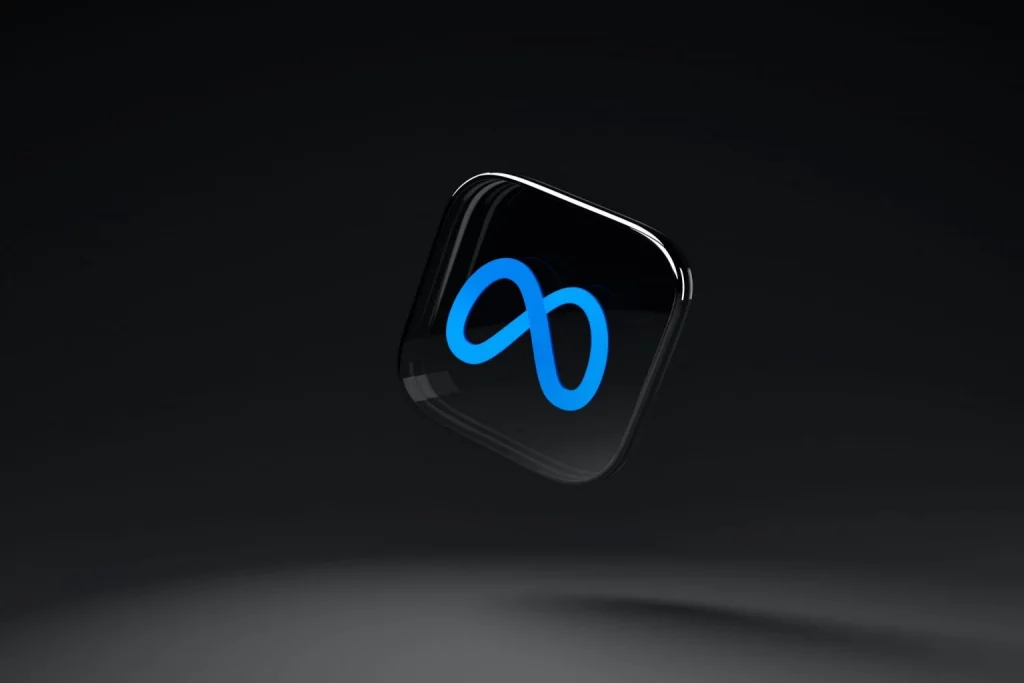AI can create music from prompts using a combination of machine learning techniques and a vast dataset of pre-existing music. When given a text description of the desired music style, the AI algorithm analyzes patterns, structures, and characteristics from the dataset to generate a musical composition that aligns with the provided instructions. It learns the relationships between various musical elements such as melodies, harmonies, rhythms, and instrumentations and uses this knowledge to generate an original piece of music that reflects the desired style, mood, and genre. Through iterative training and fine-tuning, the AI becomes adept at creating compositions that resemble and emulate the musical styles it has learned from the dataset, offering a unique and AI-generated musical experience based on the given prompt. Now, Meta has done something of this sort, creating an AI that generates music based on prompts.
Meta’s MusicGen Library includes 10,000 high-quality Licensed Tracks
Considered the musical rendition of ChatGPT, MusicGen allows users to enter a brief text description of the type of music they want and the AI generates a 12-second track that aligns with their instructions. Although it may not replace the talents of musicians just yet, MusicGen offers a unique experience in the field.

While MusicGen’s instrumental capabilities are impressive, it’s important to note that the AI currently lacks vocal synthesis. MusicGen focuses solely on instrumentals (for now). This, however, doesn’t undermine the tool’s potential for creating decent background audio for videos or presentations. Who knows, a future update to MusicGen can include an option to generate vocals as well.
Meta’s commitment to legality is evident in their use of 10,000 high-quality licensed music tracks, combined with royalty-free songs from platforms like Shutterstock and Pond5. However, the growing popularity of generative AI has raised concerns about copyright infringement. Artists and labels have begun pursuing legal action against developers and platforms for the unauthorized use of their works. Meta may soon find itself in the crosshairs of these frustrated organizations as well. We’ll see how this fares for the company in the near future.
RELATED:
- Meta CEO Mark Zuckerberg Predicts the Arrival of Generative AI to All Their Products
- Apple Vision Pro sets modest sales target of 150,000 units amidst tough competition from Meta Quest
- Best lightweight and durable travel backpacks with smart organization features in 2023
(Via)






